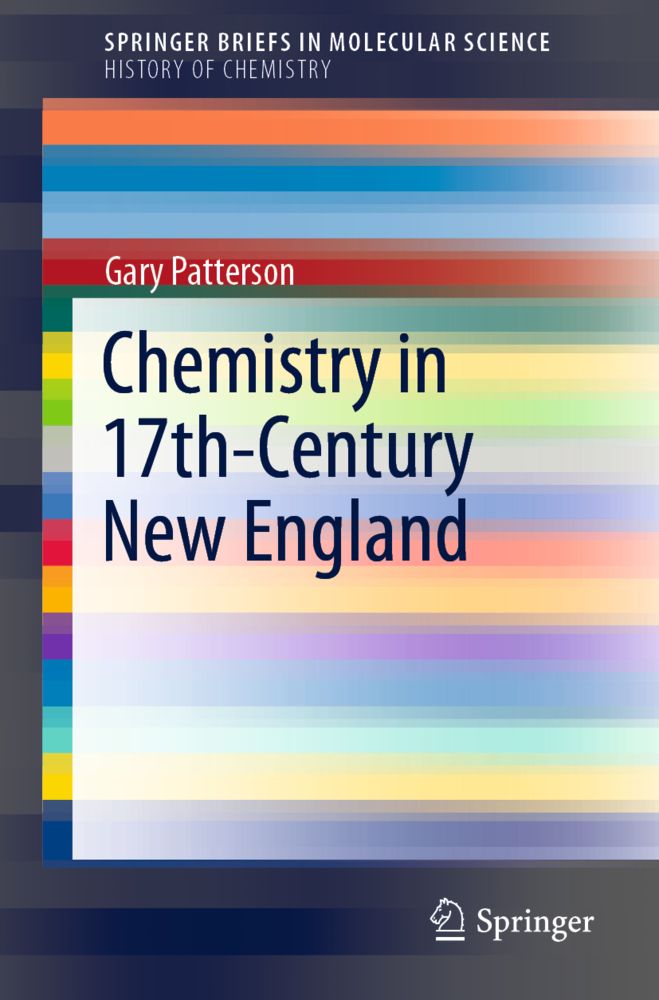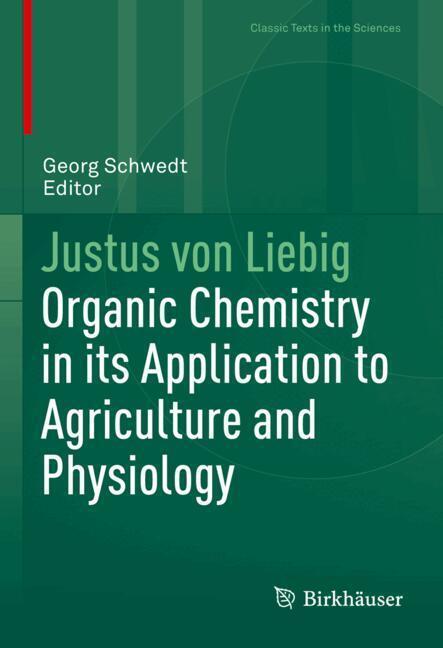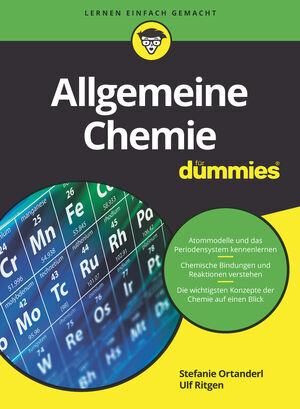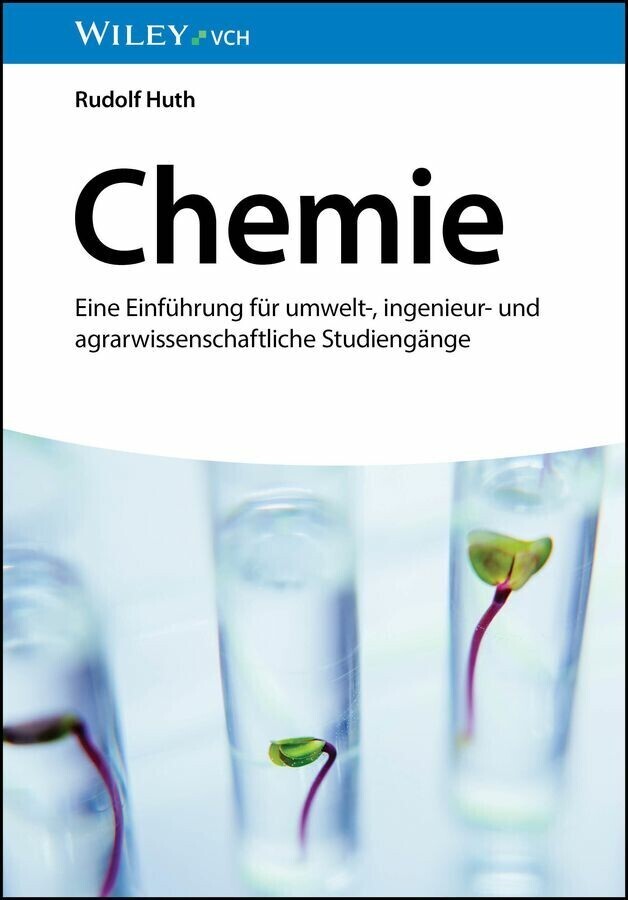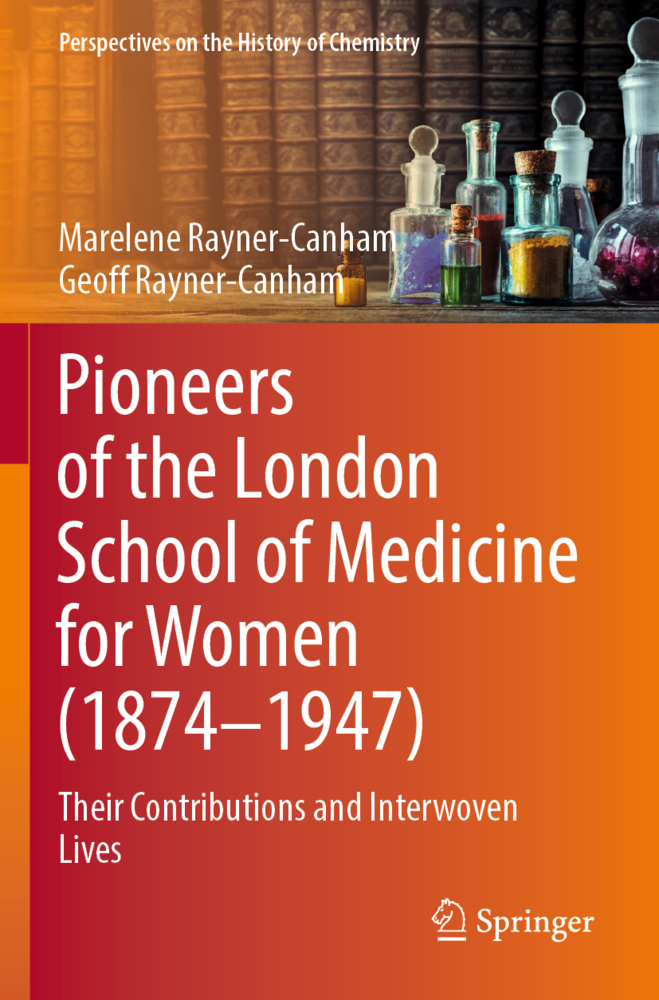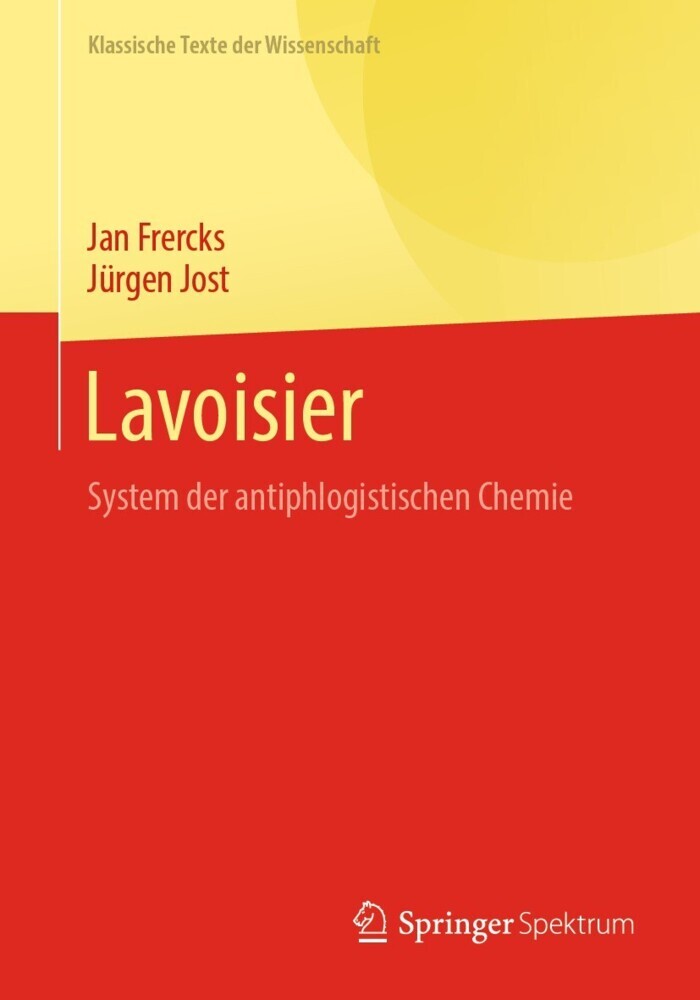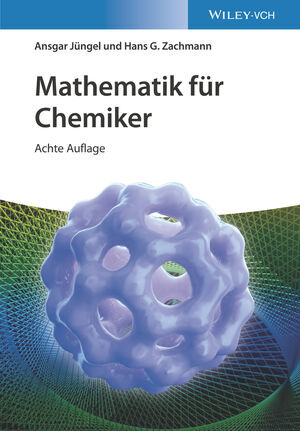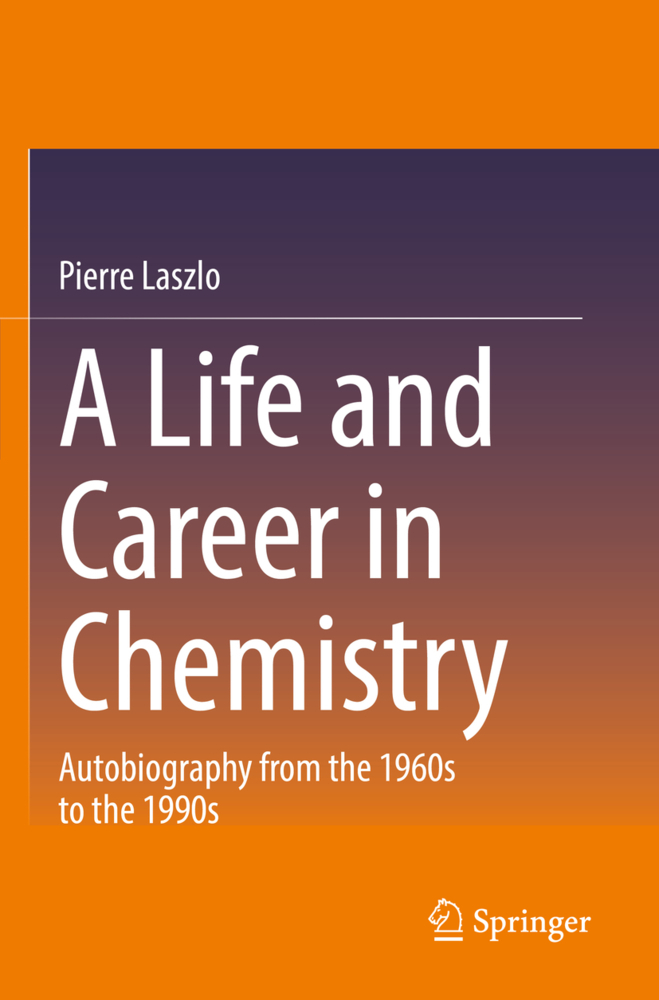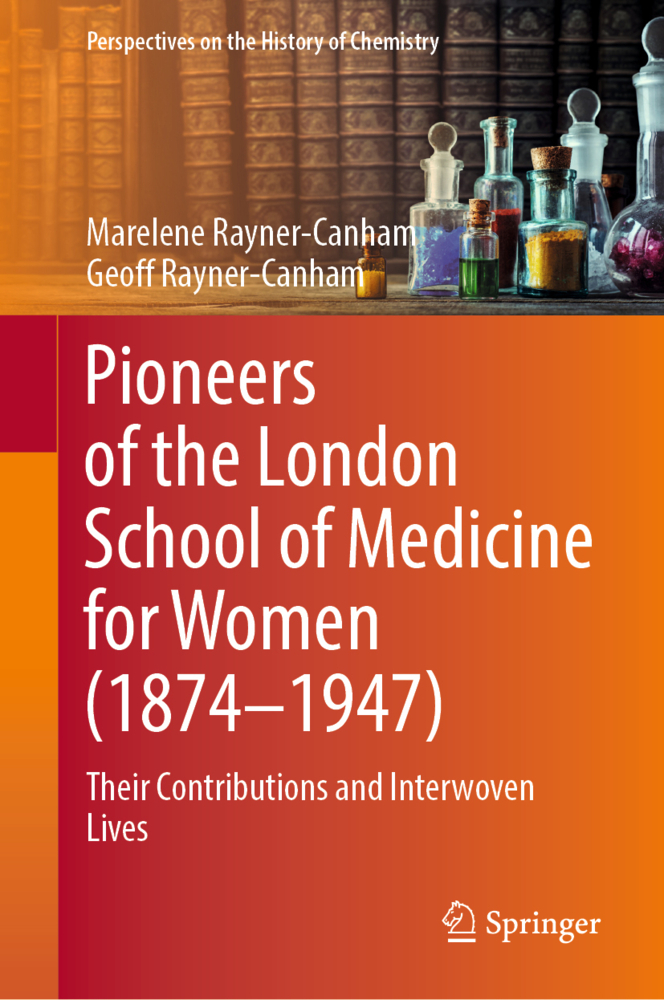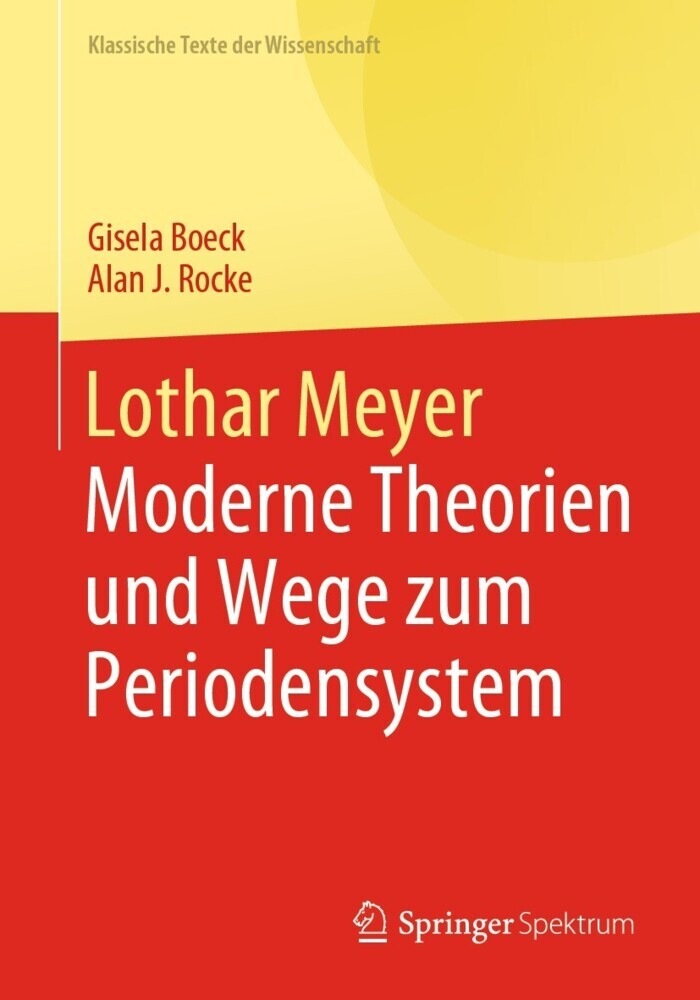This book explores the lively chemistry culture that arose during the 17th century in Colonial New England. This was chiefly due to the efforts of John Winthrop, Jr. who brought both chemical knowledge and the largest library of chemical books in the New World to Boston. He founded towns, such as Ipswich and New London, and industrial enterprises, such as salt works and ironworks, while also serving as the primary source of Paracelsian medicines, which led him to become the most famous physician in Colonial New England. Moreover, the book covers topics such as the founding of Harvard College, and the life and works of Cotton Mather, especially Magnalia Christi Americana , one of the most important vanity volumes in the history of scholarly publication.
The Errand into the Wilderness
John Winthrop, Jr.: The Making of an Adept
Ipswich: Founding a Town in New England
Return to England (1641) and the New England Ironworks
New London and the Alchemical Plantation
Obtaining the Charter for Connecticut and Election to the Royal Society of London
The Winthrop Circle in New England
Harvard College and 17 th Century Chemistry
Conclusions and Reflections.
Introduction
The Puritan Mind in the 17 th CenturyThe Errand into the Wilderness
John Winthrop, Jr.: The Making of an Adept
Ipswich: Founding a Town in New England
Return to England (1641) and the New England Ironworks
New London and the Alchemical Plantation
Obtaining the Charter for Connecticut and Election to the Royal Society of London
The Winthrop Circle in New England
Harvard College and 17 th Century Chemistry
Conclusions and Reflections.
Patterson, Gary
| ISBN | 978-3-030-43260-7 |
|---|---|
| Article number | 9783030432607 |
| Media type | Book |
| Copyright year | 2020 |
| Publisher | Springer, Berlin |
| Length | VIII, 94 pages |
| Illustrations | VIII, 94 p. 41 illus., 17 illus. in color. |
| Language | English |

